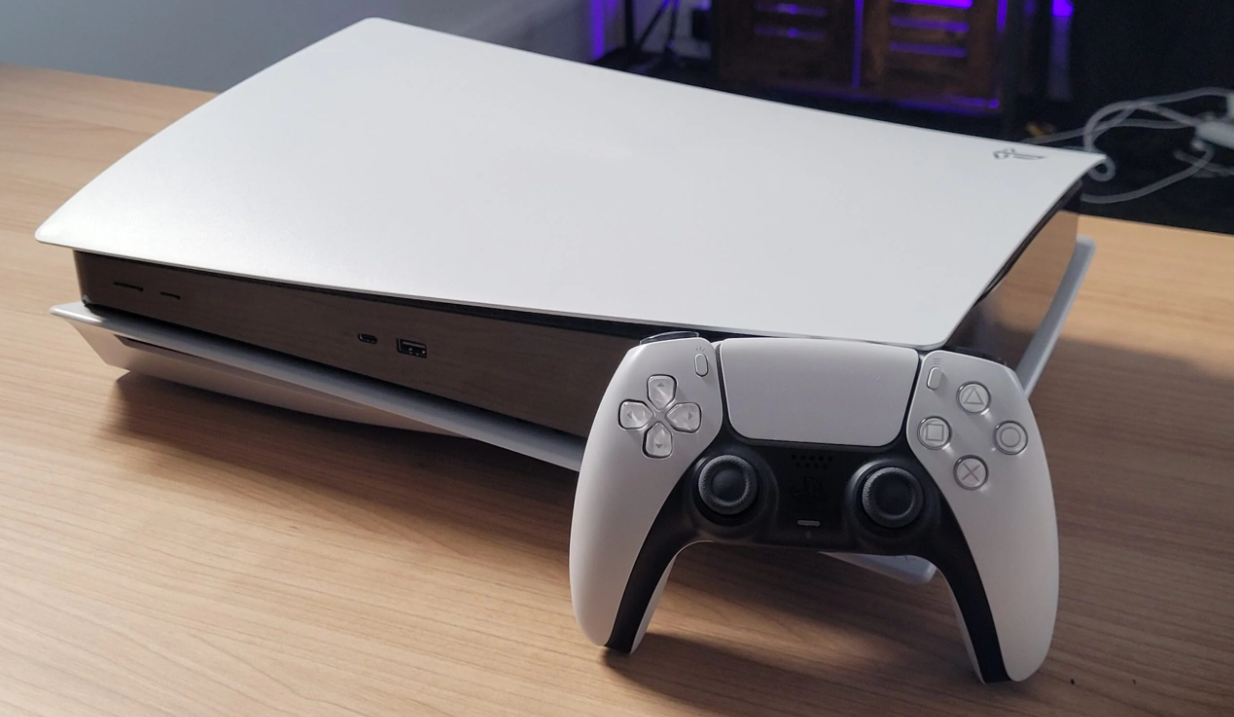
The gaming industry has undergone a significant metamorphosis over the past decade, with the rise of mobile gaming challenging the longstanding dominance of console gaming. The advent of smartphones and the proliferation of affordable, high-speed internet connections have transformed the landscape of the gaming world, leading to a fierce competition between console and mobile gaming platforms. This article aims to delve into the current trends and insights that are shaping this evolving landscape, providing a comprehensive look at the present and potential future of the gaming industry.
Understanding the Console Gaming Landscape

Console gaming has long been a mainstay in the video game industry, with brands like Nintendo, Sony, and Microsoft spearheading the sector with their iconic gaming consoles. Console gaming offers an immersive gaming experience, marked by high-definition graphics, surround sound, and a dedicated gaming environment that is often tailored for longer play sessions. The ability to play games on a large screen, coupled with the tactile experience of using a gaming controller, adds to the appeal of console gaming. Additionally, console games are often characterized by their narrative depth and complexity, offering gamers a rich, immersive experience that can last for hours on end.
However, despite these advantages, console gaming has been facing challenges. The high upfront cost of gaming consoles, along with the cost of individual games, can be a significant barrier for many potential gamers. Moreover, console gaming often requires a dedicated space and time, which may not suit the increasingly busy lifestyles of many people. Regardless, console gaming continues to maintain a loyal following, with next-generation consoles like the PlayStation 5 and the Xbox Series X attracting significant attention and anticipation.
The Rise and Rise of Mobile Gaming
.jpg)
On the other hand, mobile gaming has seen exponential growth in recent years, driven primarily by the widespread availability of smartphones and high-speed internet. Mobile games offer the convenience of being playable anytime, anywhere, fitting seamlessly into the pockets of time in our daily routines. The low entry barrier, with most mobile games being free to play with optional in-app purchases, also contributes to the popularity of mobile gaming.
The diverse range of genres, from casual games like Candy Crush to more complex multiplayer online games like PUBG, caters to a broad audience. In addition, the social aspect of mobile gaming, with features like in-game chats and multiplayer modes, makes for an engaging experience. Recent advancements in mobile technology have also led to improved graphics and game mechanics, narrowing the gap with console gaming. Despite issues like screen size limitations and battery life, mobile gaming is poised for continued growth, with increasing revenue figures and player base.
Convergence and Cross-Platform Gaming
While the console vs mobile gaming debate continues, a significant trend emerging in the industry is the convergence of the two platforms. Cross-platform gaming, where players on different platforms can play together, is becoming increasingly popular. Games like Fortnite and Minecraft have successfully implemented cross-play, allowing console, PC, and mobile gamers to engage in the same shared gaming environment.
This trend is expected to continue, with next-generation consoles and game developers focusing on creating more inclusive, platform-agnostic gaming experiences. The advent of cloud gaming services like Google's Stadia and Microsoft's xCloud also signals a shift towards a more unified gaming landscape, where the line between console and mobile gaming blinks out.
What Lies Ahead: Trends and Insights
Looking forward, the gaming industry is set to continue evolving, with both console and mobile gaming platforms playing significant roles. Console gaming, with its immersive experiences and high-quality game titles, will continue to attract dedicated gamers. However, the rise of mobile gaming is undeniable, with its convenience, accessibility, and social elements appealing to a broad, diverse audience.
The trend of cross-platform gaming and the advent of cloud gaming services will likely blur the lines between console and mobile gaming. In a rapidly evolving digital landscape, the future of gaming may well lie in a hybrid model that brings together the best of both worlds. As technology continues to advance, gamers can look forward to an exciting future of gaming, marked by innovation, inclusivity, and endless possibilities.